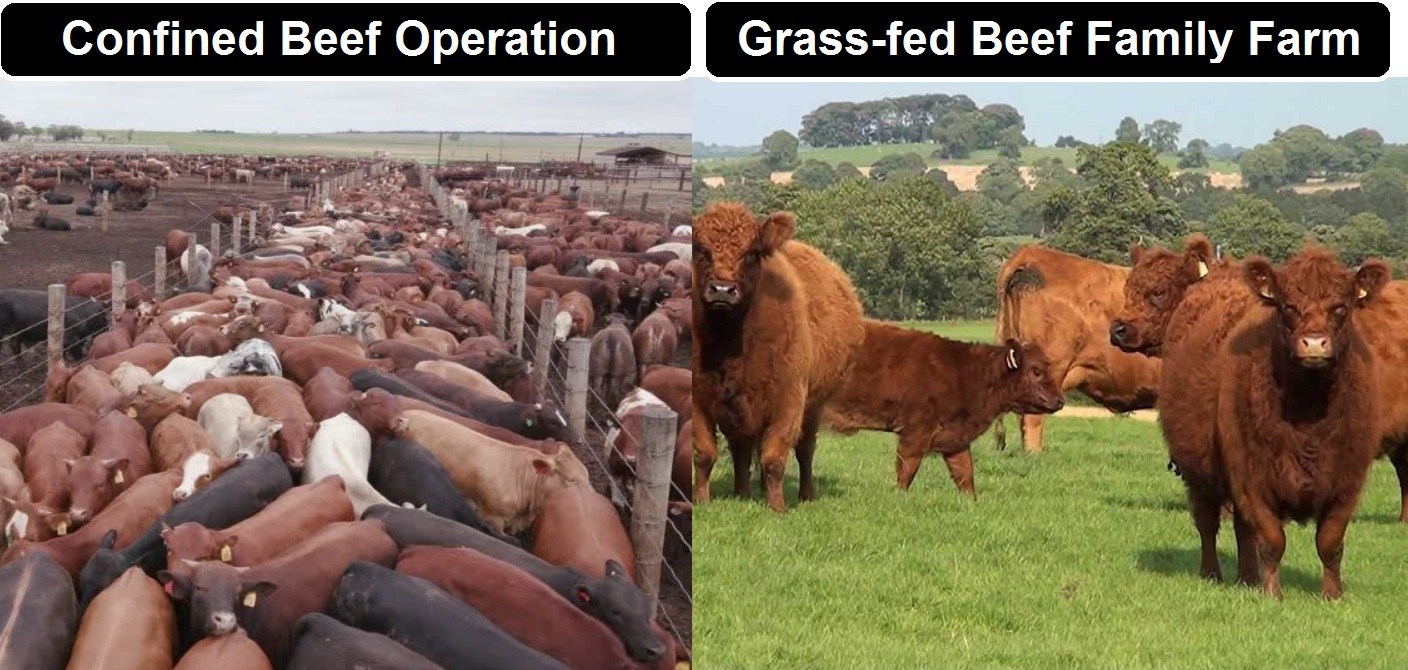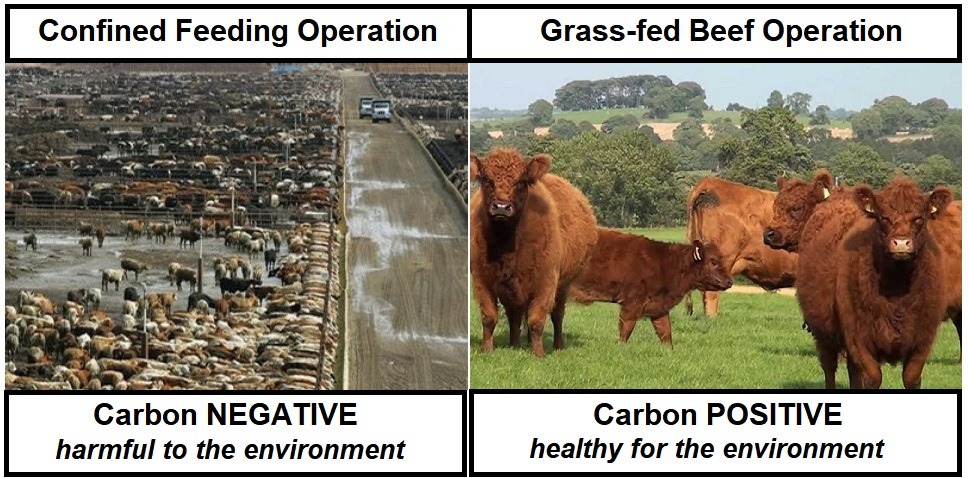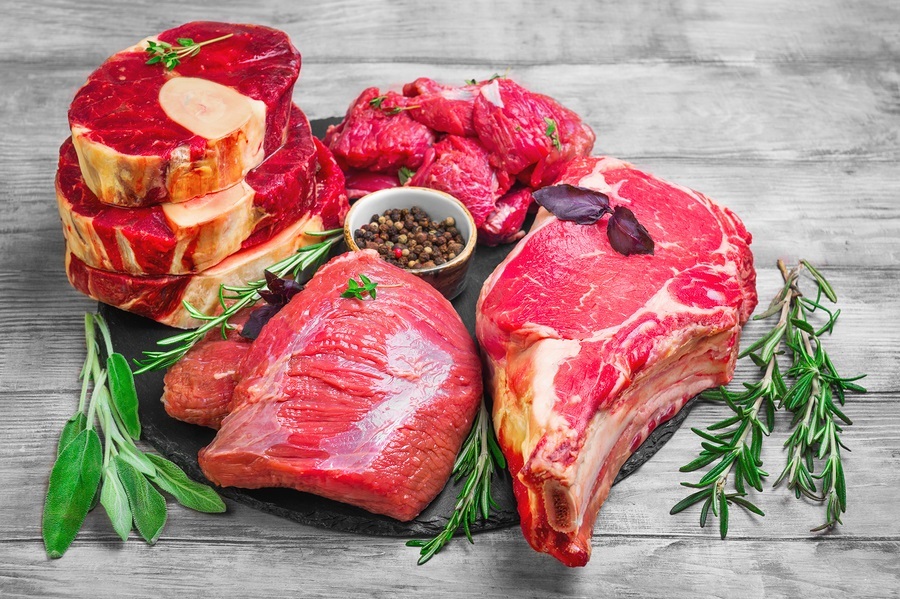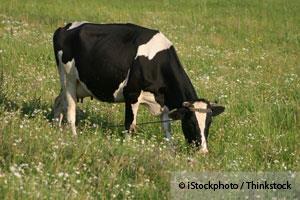Food Inflation has Caused Some of the Best Grass-fed Beef in the World to be Less Expensive than Commodity Medicated Beef Raised in Feedlots!
Something that I predicted would one day come true is actually happening today, here in the summer of 2024. Due to the complexities of the food supply chain here in the U.S. that brings mass-produced cheap beef from mega-farms where cattle are raised in confined feeding operations (CAFOs) on GMO contaminated grains, and vaccinated against common diseases from being raised together in close quarters, into America's grocery stores and fast food restaurants, I predicted that one day that supply chain would begin to fail and prices would start to increase, to the extent that our grass-fed beef raised by family farmers in lush pasture in Wisconsin, would beat the prices of commodity beef in the grocery store and fast-food chains. And of course the grass-fed and grass-finished beef that we sell in my online store, Healthy Traditions, under our "Grass-fed Traditions" brand, is not just from any common breed of beef cattle. These are Galloway beef cattle, from the rare ancient breed that originated in the rugged hill country of southwestern Scotland, and related to the more commonly known Angus breed which was developed in northeastern Scotland. Worldwide, there are less than 30,000 head of this breed, and we have been breeding them and selling their beef for about 15 years now from the lush pastures of western Wisconsin, grown by Amish family farmers.








